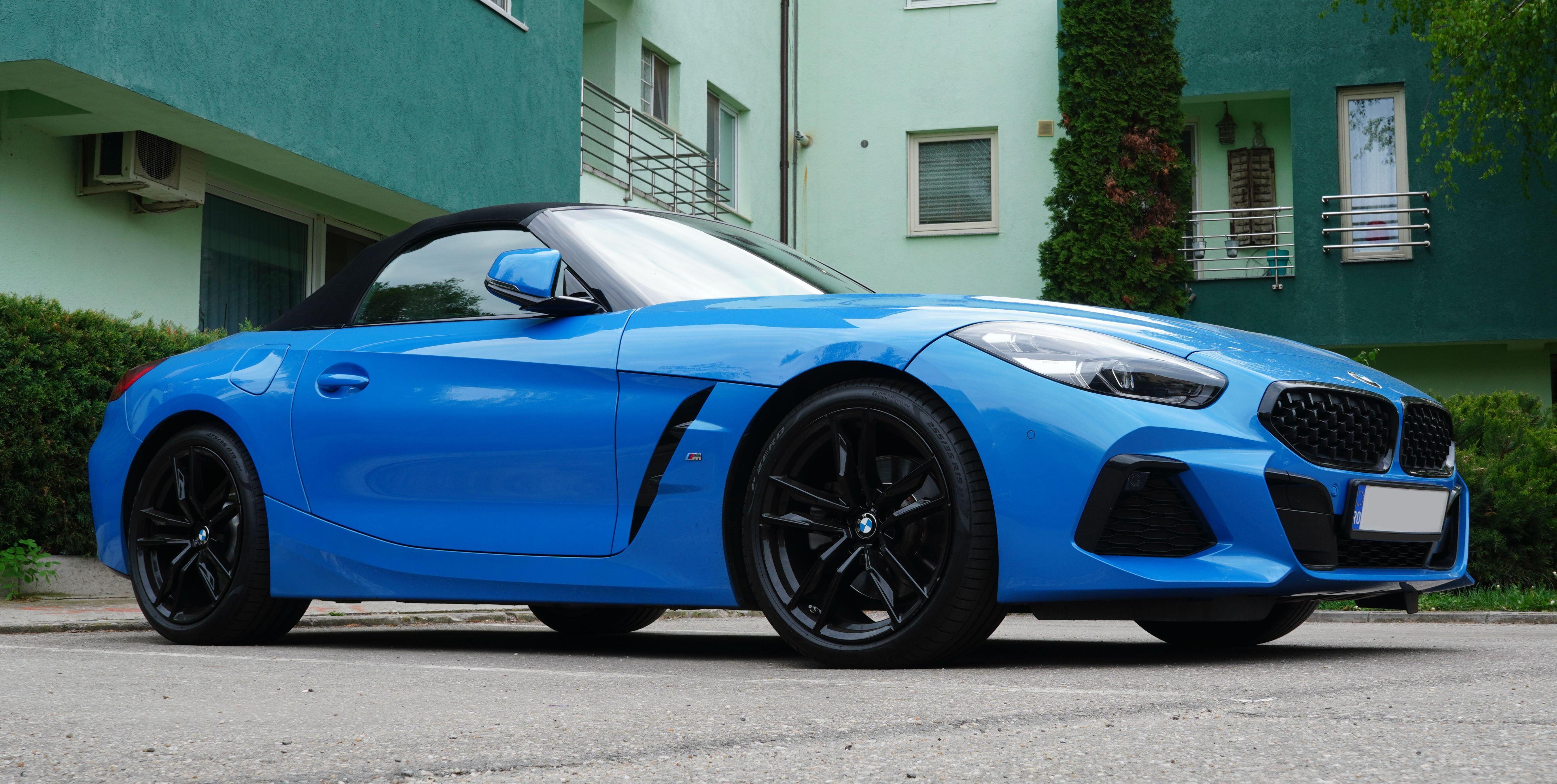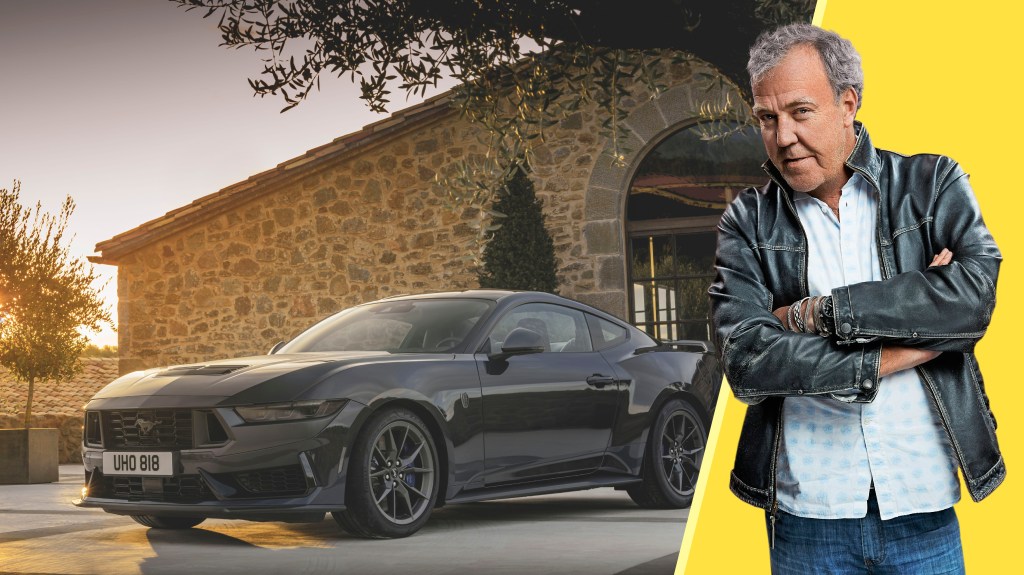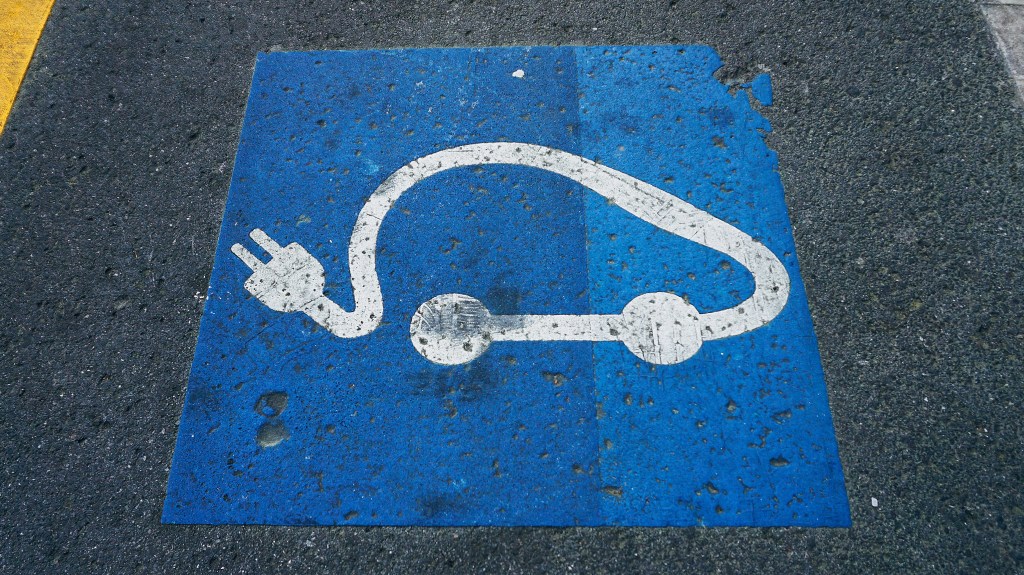The Surprising Truth About BMW and Audi Drivers: A Personal Reflection
A recent study has labeled BMW drivers as the “most narcissistic,” a finding that, while amusing, also rings true for many. The results confirm long-standing stereotypes, making it difficult for BMW owners who read this to refute the claim, especially when considering the behavior often attributed to them.
The stereotype paints a picture of BMW owners who occupy multiple parking spaces, tailgate aggressively, or occupy disabled spots while engrossed in phone conversations. Despite the fun in such characterizations, my recent experience brings a twist to the narrative.
According to the survey, BMW drivers exhibit the highest levels of narcissism, closely followed by Mercedes drivers, known for maneuvering onto sidewalks to avoid letting their children walk a short distance. The revelation that Audi drivers rank fourth in this hierarchy adds a personal layer to my own journey as I have recently entered the world of Audi ownership.
Upon acquiring my husband’s 12-year-old Audi—replacing my old Nissan, affectionately termed The Stink Wagon—I discovered that many now associate Audi with certain less-than-flattering jokes, such as “Always (an) Utter Dick Inside.” The “gestures” I receive while driving seem to affirm this stereotype, including a rare but noticeable amount of head shaking and not-so-subtle fingers pointing.

Despite not intending to become an Audi driver, I’ve found myself in this new role. My model isn’t even a luxurious one but rather a third-hand Q3, yet there’s a plethora of jokes directed at Audi drivers, like the curious query of what to do if three Audi drivers are found neck-deep in cement—bring more cement, of course.
Yet the question remains: Are Audi drivers truly as insufferable as their BMW counterparts? Research indicates Audi drivers rank 14th in a list measuring intelligence among motorists, while BMW drivers are surprisingly lower at 20th. The bottom tier is occupied by Land Rover drivers.
Embracing this new identity requires some adjustment, particularly as I brace myself for comments on the health of my vehicle’s indicators.
Unromantic Wedding Gifts from Tesco
In a humorous turn, Tesco recently introduced a new “wedding present bundle” featuring surprising items that lack romantic flair, such as bin bags, antibacterial handwash, and toilet paper.
Couples today, having spent considerable sums on their weddings (the average cost being around £23,000), often feel the need to stock up on everyday essentials to offset their spending, leading to somewhat of a joyless gift registry. Many couples already possess essential household items, opting instead for the practical, such as household cleaners. Why not simply say, “No gifts, please”?
While this approach might be more practical than inviting guests to pay for a multi-course meal or asking for extravagant items while they pocket the savings, it does seem to drain some magic from the occasion—imagine the unromantic sight of numerous carrier bags filled with toiletries and cleaning supplies.
Accepting My Body Shape in the Age of Netflix
Have you ever felt the impact of what’s dubbed the “box-set bottom”? This trend, resulting from marathons of binge-watching, can leave many with flatter buttocks. The condition known as “gluteal amnesia” has seemingly become widespread.
As someone who critiques television from the comfort of my couch, I recognize the familiar, tingling discomfort associated with prolonged sitting. However, this marks a significant point in my journey of self-acceptance. A year ago, I acquired some innovative “bum enhancing” underwear, marketed as a quick fix for a more shapely silhouette. While those products might still receive rave reviews online, I found the result achieved from them to be less than desirable for daily wear.
Instead of trying to achieve an exaggerated form, I suggest that anyone struggling with a flatter backside embrace their natural shape and enjoy life outside of the fitting room.




Post Comment